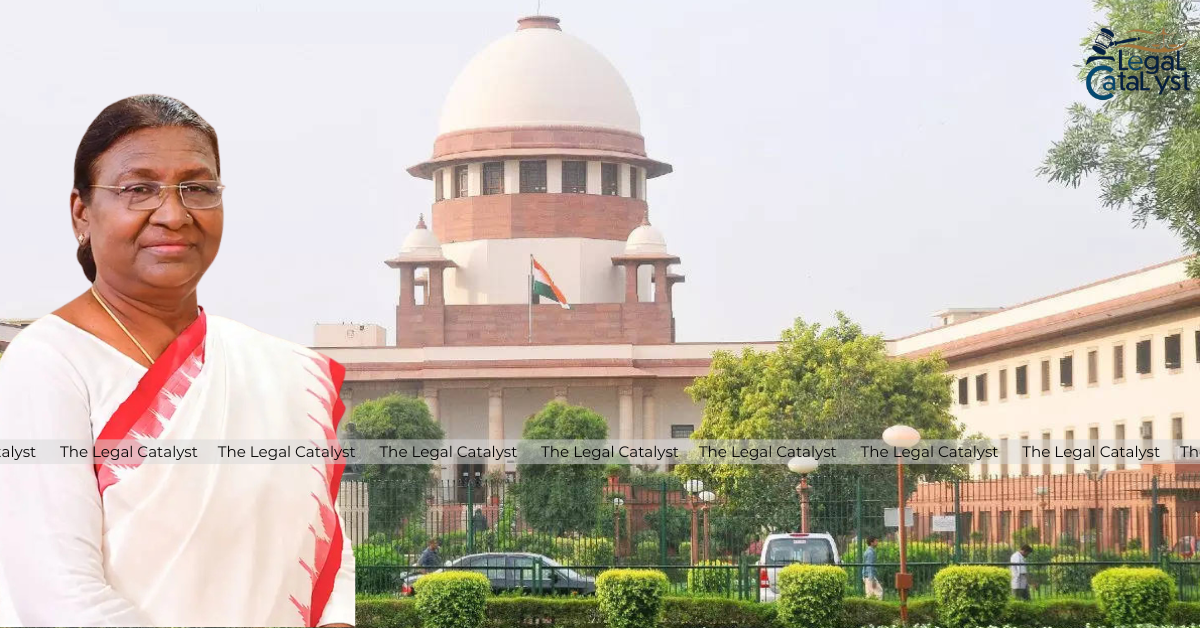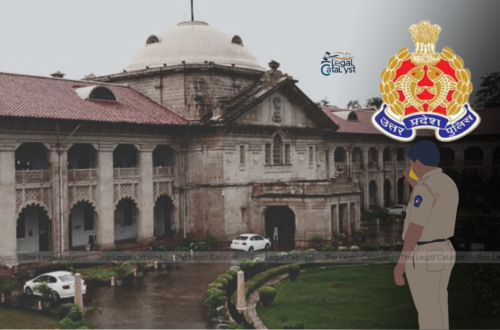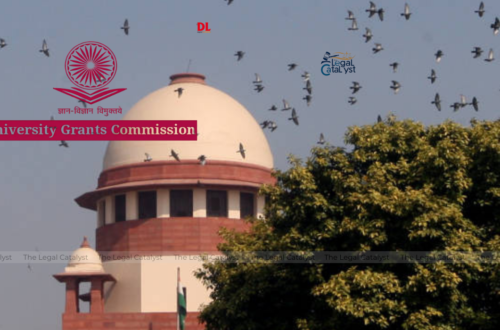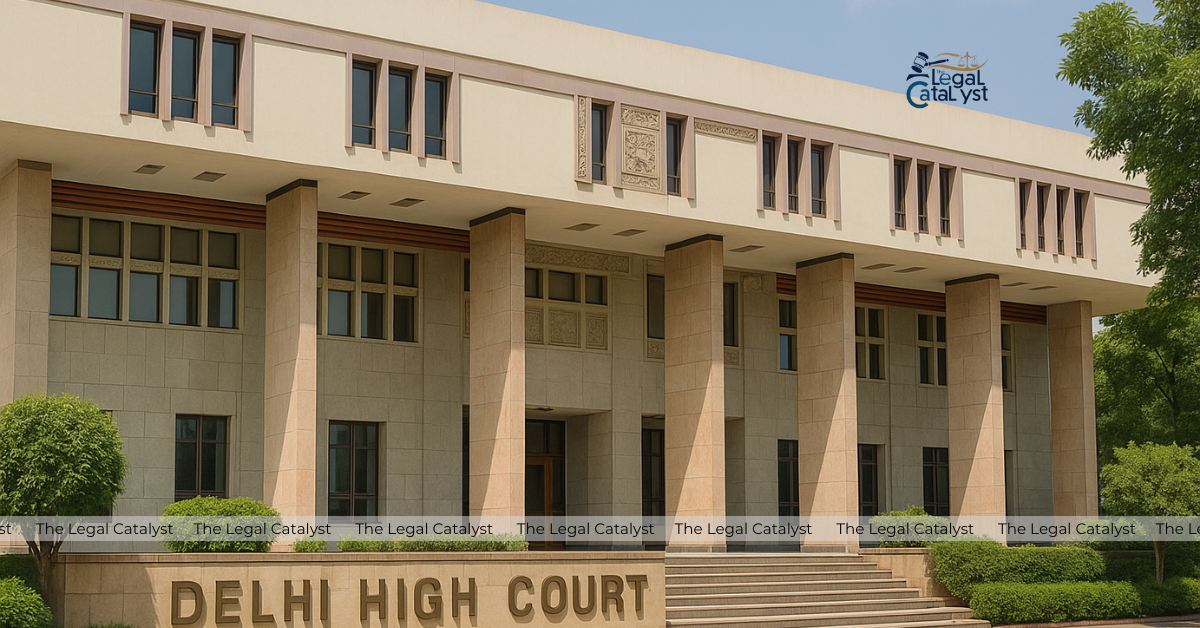In a significant development, a Constitution Bench of the Supreme Court is set to hear on July 22. It will examine a Presidential reference. The reference questions whether the judiciary can prescribe timelines and procedures for the President and State Governors. This pertains to their decisions on Bills passed by State legislatures.
The reference is titled “In Re: Assent, Withholding, or Reservation of Bills by the Governor and President of India.” It was created by President Droupadi Murmu. President Droupadi Murmu made this reference. This was done under Article 143(1) of the Constitution. This article permits the President to seek the Supreme Court’s opinion on legal or public matters of importance.
The Constitution Bench includes the Chief Justice of India (CJI) BR Gavai. It also comprises Justices Surya Kant, Vikram Nath, PS Narasimha, and Atul S Chandurkar.
Connect with us on Instagram – X – LinkedIn for daily updates, quizzes, and other materials.
The matter stems from the Supreme Court’s April 2024 ruling in a case filed by the State of Tamil Nadu. The Court held that Article 200 deals with the Governor’s powers regarding State legislation. Although it does not set a time frame, it cannot be used to justify indefinite delays.
A Bench of Justices JB Pardiwala and R Mahadevan had ruled that constitutional silence must not impede democratic processes. Delays must not occur. They prescribed “reasonable time” limits for the Governor and President to act on pending legislation.
It also stated that Governor’s inaction under Article 200 is subject to judicial review. This invokes a robust check on executive delay.
The Presidential reference now seeks clarity on whether such judicial timelines encroach upon executive discretion. This could potentially alter the delicate balance between the legislature, executive, and judiciary.
The Supreme Court’s Constitution Bench opinion in this matter is expected to have a far-reaching constitutional impact. It will affect Centre-State relations, legislative procedures, and the discretionary powers of constitutional authorities.
Also Read
First in India to Frame AI Guidelines for the Judiciary, Kerala High Court






